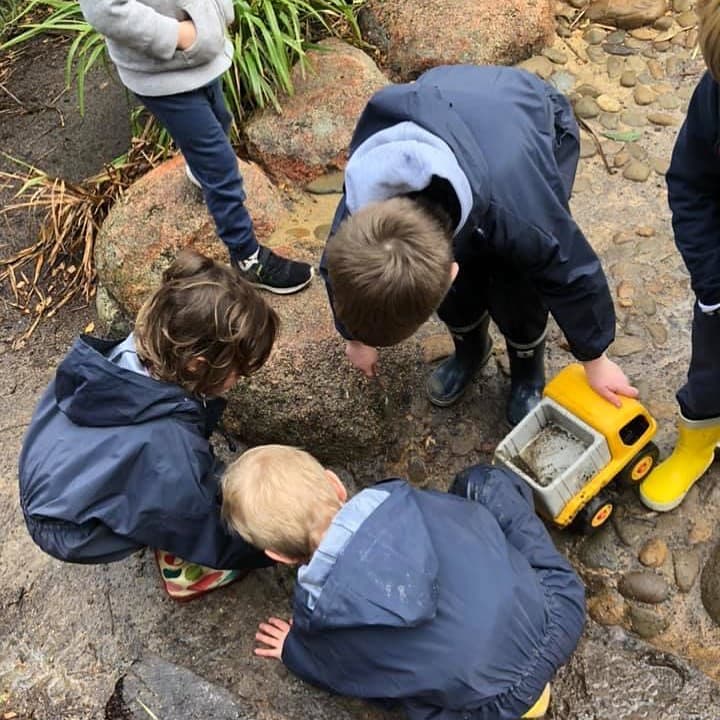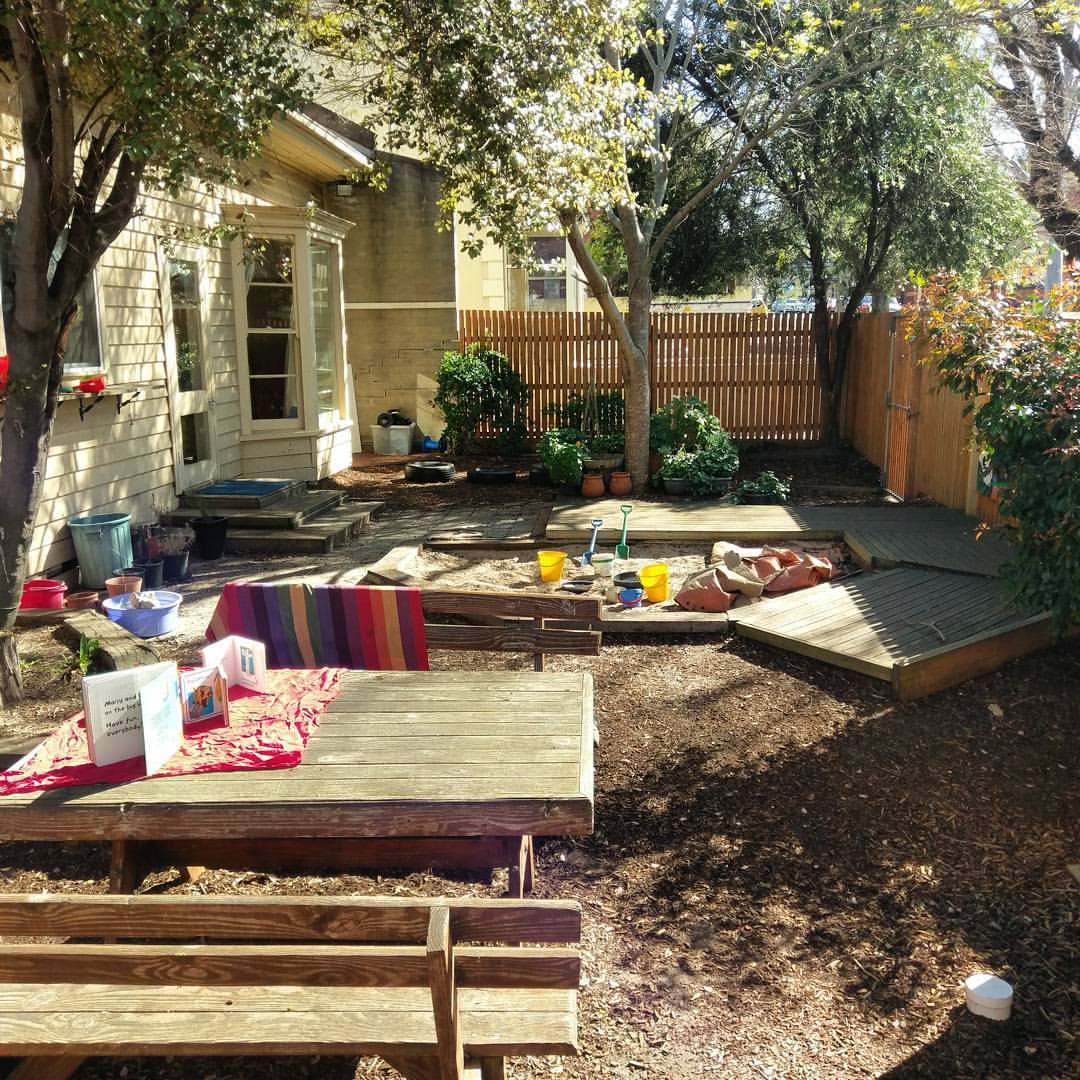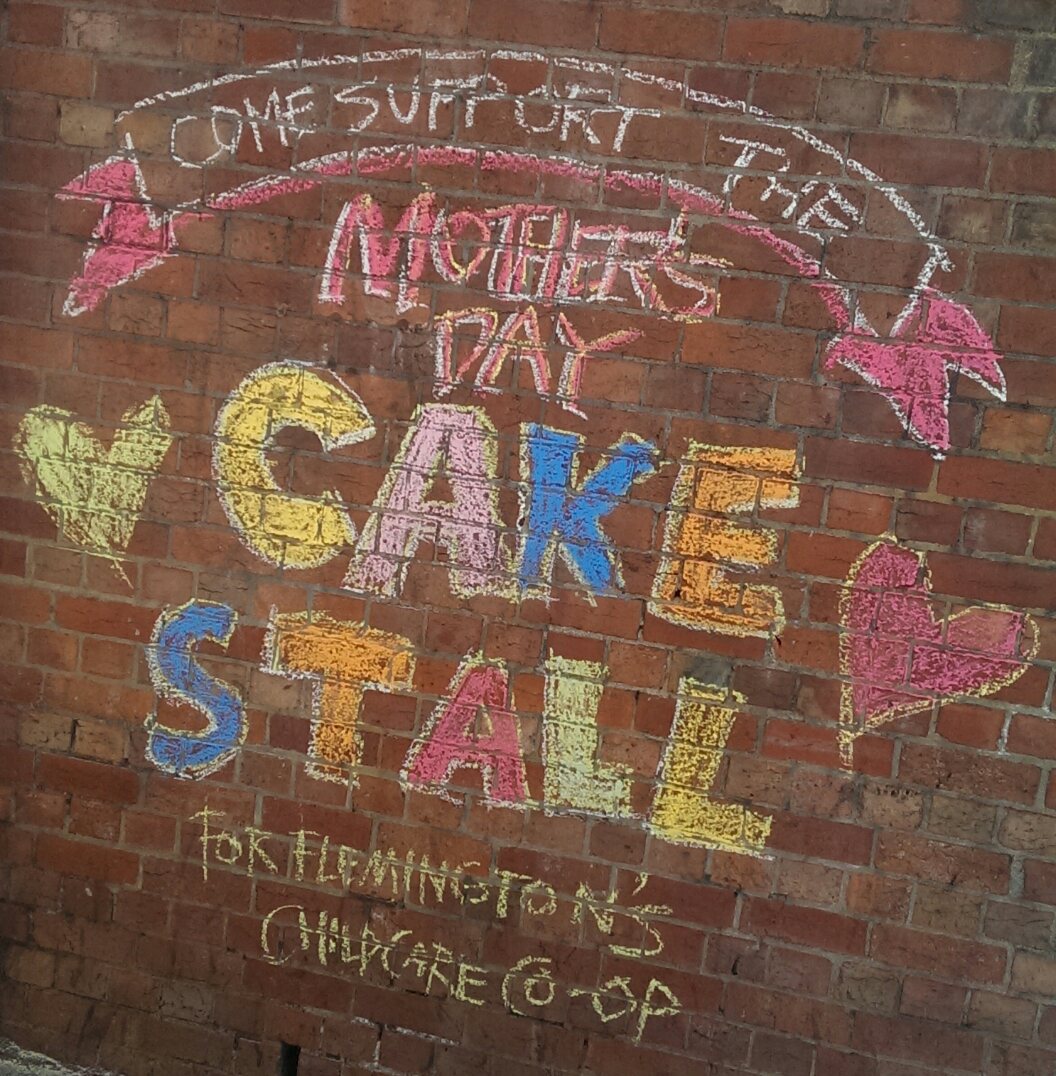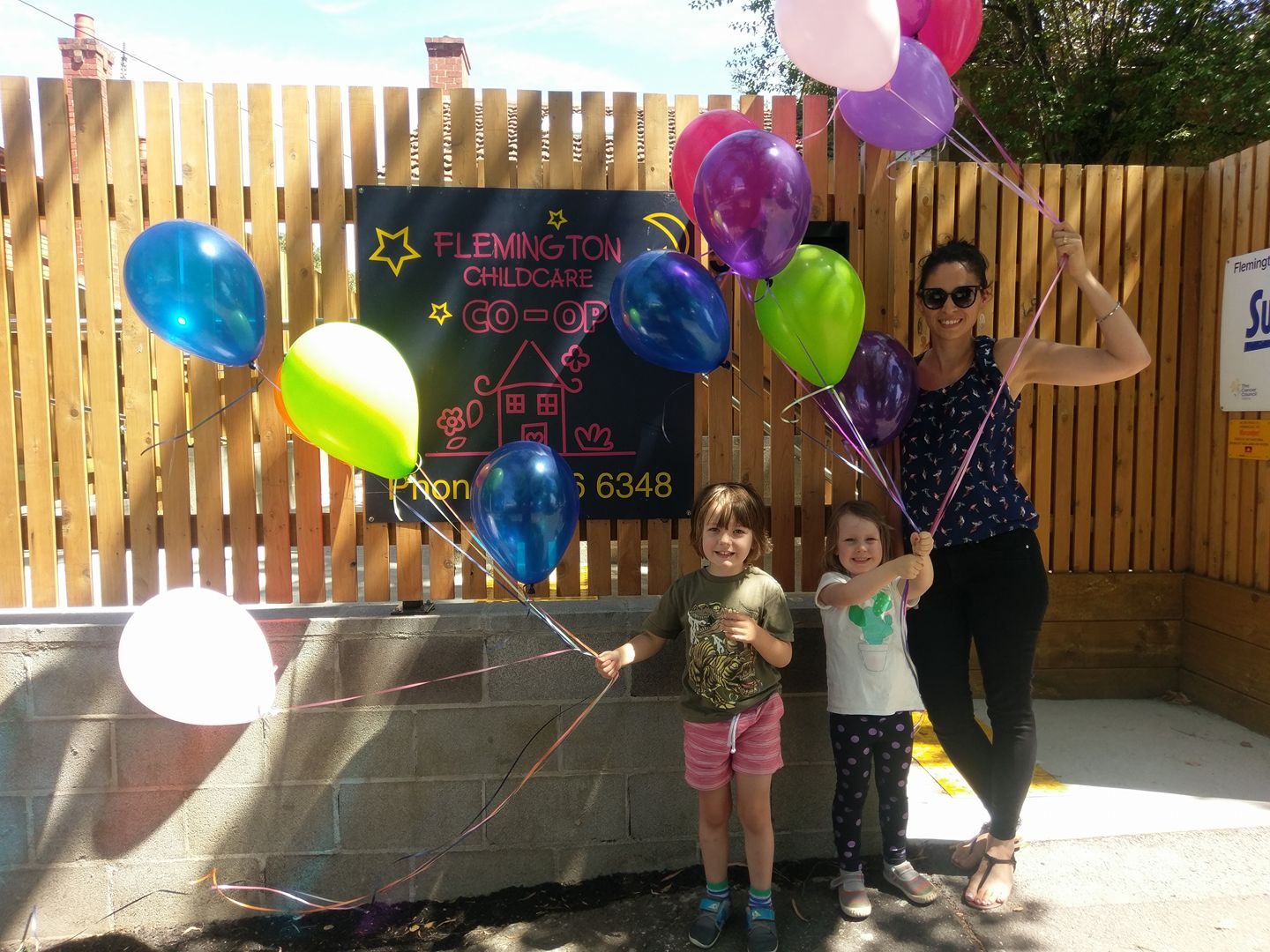Leadership
Quality
Workforce
The story of taking a service from pending closure to full occupancy

Freya Lucas
Dec 04, 2019
Save
On her first day as Director at Flemington Childcare Co-operative, new Director Daniela learnt that the service was on the brink of closure. Facing a service with a 50 per cent occupancy rate, still carrying a full staffing team, in a 100-year-old building that was in a state of disrepair, it was certainly a challenge.
She spoke with Community Child Care Association about the next steps from such tumultuous beginnings and the lessons learnt along the way.Setting the sceneAt the time Daniela joined the Co-op, in 2006, the service was struggling with occupancy, wages, and property issues. In addition, there had been a number of leadership changes, and the entire board of management had recently stepped down.
On day one, as well as becoming aware of all the challenges the service was facing, Daniela learned of an upcoming assessment and rating visit happening in the next week (in those days it was termed accreditation).
In preparing for the accreditation visit, Daniela learnt there were no formal policies or procedures in place to guide the leadership and management of the service.
“Basically, I had to set the team up to know that we were going to fail. In my first week, families were saying we’re leaving, and we’ve given notice,” she explained.Asking both families and the regulatory authority for patience, Daniela set about creating a plan to turn the service around.
Roadmap for changeAlthough she had asked for a six-month “breather” to turn things around in the service, turning the service around took far longer, Daniela said.
“We started by putting formal policies and procedures in place. What was really important was communicating the ‘why’ to the team. On my first day, we had a team meeting and talked about how we weren’t in great shape. We all knew something had to change. I told them that we had to work really hard over the next few months – we had to be in it together. If we do it, it will be amazing, and if we don’t, there won’t be a Co-op.”
Following the philosophy that the environment plays a major role in the wellbeing and state of mind of both staff and children, another early priority was to declutter the space, and host professional development sessions on creating aesthetically pleasing environments.
 “We had a working bee and took out seven trailer loads of stuff – a lot of it was old, broken things. My office had six filing cabinets, and I got rid of five of them. We just needed that fresh start,” Daniela said.
“We had a working bee and took out seven trailer loads of stuff – a lot of it was old, broken things. My office had six filing cabinets, and I got rid of five of them. We just needed that fresh start,” Daniela said. The next step was to bring some business acumen to the table. “I started treating Co-op as if it were a small business. We learned to be savvy in applying for grants and now we do a big annual fundraising project – a trivia night that raises $12,000 for things like renovating our yard,” Daniela explained.
 “I had to be smart about how we marketed Co-op to families. When you’re community-owned and you don’t have money for marketing, you need to get out and build connections. Co-op is now embedded in the community, and that’s a big part of what’s made us financially viable. When I go down to my coffee shop, the owner will say ‘oh, this person wants child care and they’re going to come visit you next week’. That’s because I’ve invested the time in the early days,” she added.
“I had to be smart about how we marketed Co-op to families. When you’re community-owned and you don’t have money for marketing, you need to get out and build connections. Co-op is now embedded in the community, and that’s a big part of what’s made us financially viable. When I go down to my coffee shop, the owner will say ‘oh, this person wants child care and they’re going to come visit you next week’. That’s because I’ve invested the time in the early days,” she added. Marrying business and not for profit thinking“It took me a while to realise how money worked as a community-owned not-for-profit centre. Co-op might suddenly need $60,000 of plumbing work, and where’s that going to come from when we don’t have any money put aside? Business skills help you understand the bigger picture” Daniela said, emphasising the need to consider that all businesses, regardless of profit or not for profit status, need to have a functional bottom line to operate.
“When we forget to treat our centres like businesses we don’t make enough money for the important things, or even the non-negotiables,” she added.“Once, I went on a business retreat with CEOs and business owners. Many of them were 50-year-old businessmen thinking they have nothing in common with me, and when I told them I was a director of a not-for-profit childcare centre they would walk away from me. Eventually, I started having conversations with this guy who owns a jewellery shop we would chat about exactly the same things. Different scales of money, but the same problems,” Daniela shared.
 While she had no financial management skills or training when she entered her role, Daniela said she “very much learned” about the importance of utilising her networks and becoming more skilled in financial management.
While she had no financial management skills or training when she entered her role, Daniela said she “very much learned” about the importance of utilising her networks and becoming more skilled in financial management. “I reached out to my dad, who owns a business, the bookkeeper from my previous service, and tried to get the right people on the same page. I had a really good and proactive board. My chairperson at the time was an HR manager, so she was able to help me with that stuff. I think it’s really important to build connections outside the sector,” she added.
Coping with the pressure“I threw myself fully into my role, and it was extremely overwhelming. There were a lot of tears, and a lot of ups and downs, but I was also excited about what Co-op could be. I had a vision in my head, and it was about combining that vision with what the community wanted. I always had this commitment to these children who deserved a high quality education. It wasn’t an option to leave, and thirteen years later I’m still here,” Daniela said.
For those who find themselves in a similar position, Daniela offers the following advice: “You have to take a step back away from the service, and begin with the end in mind. Where do you want this place to be? You need to be realistic. And you need mentors, a lot. Two years ago, we decided to work on our team culture. We created what we call our storybook – our mission statement and our ‘why’, core values, and guiding principles. This was a big shift for us, and it gave us a strategy.”
Looking back, reaching forwardWhen she looks back on the journey, Daniela describes the present day co-op as a totally different place, one which feels really good.
“Some days it’s still a little scary, but now we make a small profit. We’ve got full utilisation, with higher educator-to-child ratios than the national average. Our team has grown from seven to 18, and most of our educators accrue long service leave,” she said.
“We call ourselves the Co-op family. There’s this inside joke that you don’t have to say goodbye to families at Christmas because even though they’re leaving Co-op we still see them in the community. When I look at who I spend time with, often its people who have been a part of Co-op,” Daniela said.
Daniela’s story was first shared in the summer edition of the Community Child Care Association’s Roundtable magazine, and has been adapted from the original with permission.
To read the original piece, please see here. To learn more about the leadership and governance support offered by the Community Child Care Association, please visit their website, or call (03) 9486 3455 during business hours.
Don’t miss a thing
Related Articles



















